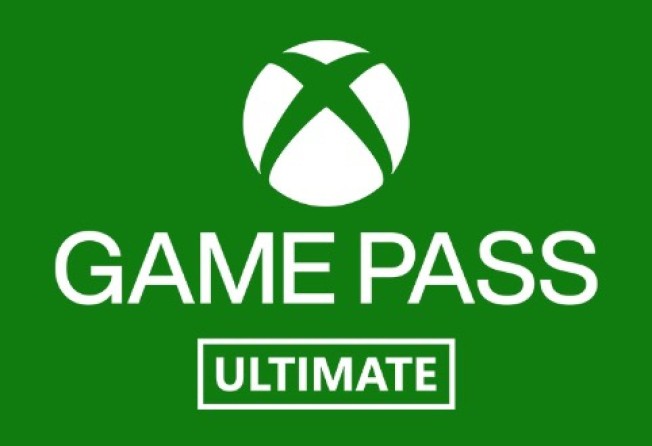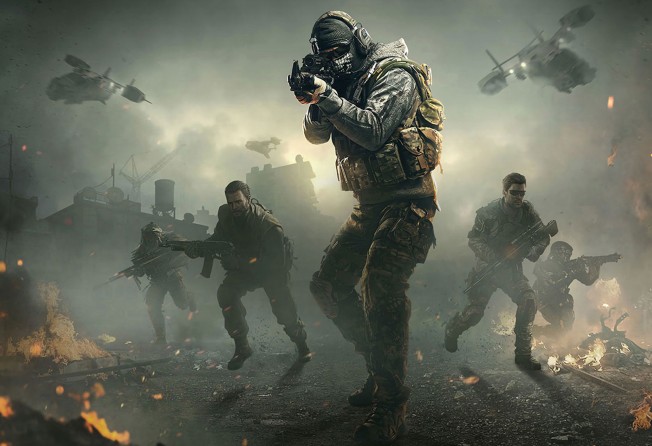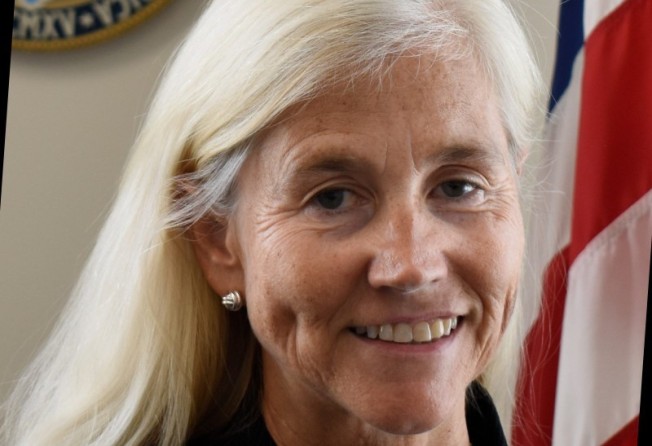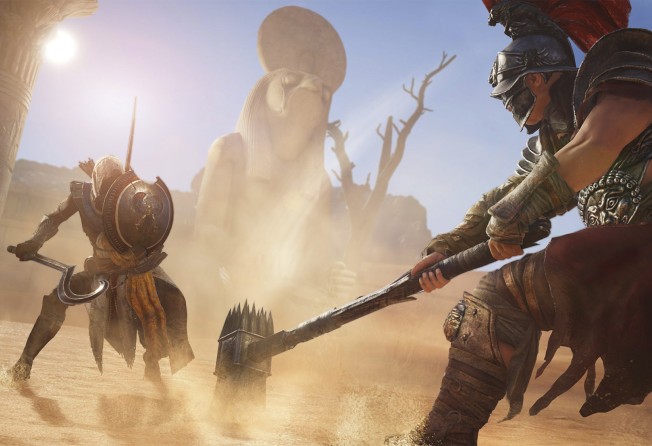
Xbox vs PlayStation: Microsoft takes console war to the cloud by buying Call of Duty makers Activision Blizzard
- US antitrust officials are seeking to block Microsoft’s acquisition of Activision Blizzard, as the computer software giant sets its sights on cloud gaming
- Its Game Pass subscription service is already way ahead of rivals Sony, Google and Amazon, who are concerned Microsoft will have a monopoly on popular titles

Microsoft’s US$69 billion acquisition of Activision Blizzard has focused attention on the decades-old paradigm of console-exclusive games played on its Xbox and chief rival, the Sony PlayStation, but antitrust officials seeking to block the deal are potentially more concerned about the future of gaming in the cloud.
Cloud gaming is still in its infancy. Most video games, from Activision’s Call of Duty to Elden Ring, developed by FromSoftware, are bought individually for about US$70 each and downloaded to a console or computer.
But Microsoft, one of the leading cloud computing service providers, is seeking to change that.
It has focused on building up a subscription service, Xbox Game Pass, which offers a library of more than 300 titles for about US$10 a month for gamers to download to play on Xbox or PC. A higher-tier subscription, US$15 a month, includes cloud gaming, which enables subscribers to stream certain games onto any device, including tablets and phones.

While cloud gaming technology and the content available are still limited, some analysts and executives think it could eventually make consoles less relevant. And Microsoft is in pole position with the infrastructure and content to increase its share.
By bringing Activision titles like Candy Crush and Call of Duty under its roof, Microsoft is betting that it will be able to offer more games to its Game Pass subscribers. The US Federal Trade Commission’s concern – and Sony’s too – is that Microsoft will take an early lead in the cloud by adding Activision’s games, eventually making them all exclusive to its own platforms.
“We seek to stop Microsoft from gaining control over a leading independent game studio and using it to harm competition in multiple dynamic and fast-growing gaming markets,” Holly Vedova, director of the FTC’s Bureau of Competition, said in a statement accompanying the agency’s complaint.
Game Pass, which launched in 2017, has grown quickly and now has more than 25 million subscribers, far more than a similar offering from Sony, called PlayStation Plus. Microsoft added cloud gaming to Game Pass in 2020 and, according to the FTC, more than 20 million gamers have streamed games from the cloud with the service.
Microsoft has said that cloud gaming subscription services are essential to reach its goal of expanding to three billion gamers worldwide, and its vision of enabling gamers to play games across Windows, Xbox and smartphones.
The cloud lets gamers stream and play graphically rich and technically complicated titles such as Assassin’s Creed Origins and Halo Infinite on less sophisticated devices like smartphones or tablets that otherwise lack the computing power or storage to support the games.

The technology has been tricky and has yet to take off more widely because of the high-quality graphics involved in games and the dependency on ultra-fast data processing to make sure that every press of a button immediately corresponds to a movement in the game, with no lag, known as low latency.
Microsoft has an edge over Sony here, since Microsoft’s cloud division, Azure, owns more than 200 data centres which support the lower-latency cloud gaming services for its stable of titles on Game Pass. Sony doesn’t own data centres from which it can run its subscription service.
Sony launched a revamped version of PlayStation Plus in June, with similar subscription tiers and access to popular titles like Spider-Man and Returnal, but it doesn’t offer new releases in the subscription package, as GamePass does.
Other tech giants have tried to to build up cloud gaming services without much success. Google had Stadia, the search giant’s attempt to take on the video-game console giants with a platform of its own. But after failing to gain traction with gamers, it will shut down next year.

Amazon Luna+, which provides streaming access to more than 100 third-party games, has also struggled to attract users. Nvidia’s GeForce NOW cloud gaming offering, which is much pricier, with its top tier at US$100 for 6 months, allows gamers to stream titles they already own.
The problems gaining traction in cloud gaming make the FTC even more concerned that Microsoft can quickly dominate the market.
Sony has been a staunch opponent of Microsoft’s deal, accusing the company of seeking to “lock in many consumers to Xbox” and leveraging its other products to “foreclose cloud gaming at a critical point of its evolution”.
Analysts question whether Sony’s criticisms come from insecurity that the Japanese tech company lags behind Microsoft in diversifying away from console gaming. Sony typically releases its best first-party games onto PlayStation long before they appear anywhere else.
But Sony’s concerns about Microsoft shutting it out by making bestselling games like Call of Duty exclusive to Microsoft have set a precedent that the FTC has said it won’t ignore.